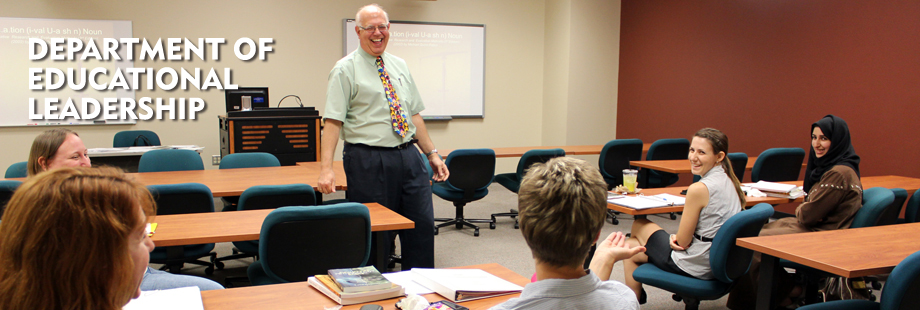Document Type
Article
Publication Date
2012
Publication Source
Brigham Young University Education and Law Journal
Abstract
The widespread use of technology in today's schools has ushered in a host of legal issues that educators and parents could not have contemplated just a few years ago. Within the past decade, students have had the unprecedented ability to send text messages and instant messages, create websites, post blogs, construct Internet profiles, and post messages on burgeoning social networking sites, most notably Facebook. Even when students engage in such speech-related activity off campus using their personal computers, their actions and posts on such social networking sites as MySpace and Facebook can have carryover effects into school and classroom environments.
The question of whether educational administrators can discipline students for Internet postings made off campus has been controversial, as evidenced by four recent decisions: a pair from the Third Circuit and single cases from the Fourth and Eighth Circuits. The issue in these cases, which reached different outcomes, revolved around the reach of such postings into the school setting and how they affected the safe and efficient operation of the schools. Given the nature of the Internet, this is no easy question and presents school administrators with First Amendment Issues never before contemplated.
As these recent appellate court decisions illustrate, educational administrators are rightfully concerned when students post negative comments about school personnel or peers on the Internet for all to see. Litigation has arisen when school officials have disciplined students for derogatory, defamatory, lewd, and threatening items students have posted about teachers, administrators, and classmates on social networking sites such as MySpace and Facebook. In challenging the disciplinary sanctions imposed on them, students have alleged that punishments, such as suspensions or loss of privileges, amount to unconstitutional censorship and have questioned the rights of administrators to impose discipline for off-campus activities.
This Article begins by exploring the First Amendment free speech protections afforded to students, along with earlier cases dealing with issues concerning their being disciplined for online postings and cyber threats. The Article next reviews the facts, judicial history, and latest opinions in the four most recent Circuit court cases involving online postings targeted at both school administrators and students. Finally, the Article examines the abilities of school administrators to discipline students for making derogatory and false statements about school personnel or other students via the Internet or other technology, concluding with a discussion about the wisdom of these decisions and recommendations for school administrators. It is important to recognize that the judicial opinions, and thus the focus of this article, are concerned only with the right of school administrators to discipline students for off-campus postings. This Article does not venture into the area of what other recourse educators have to protect themselves against the possible defamatory and damaging effects of false postings.
Inclusive pages
331-367
ISBN/ISSN
1930-5281
Document Version
Published Version
Copyright
Copyright © 2012, Brigham Young University Education and Law Journal
Publisher
Brigham Young University
Volume
2012
Issue
2
Place of Publication
Provo, UT
eCommons Citation
Russo, Charles J. and Osborne, Allan G. Jr., "Can Students Be Disciplined for Off-campus Cyberspeech: The Reach of the First Amendment in the Age of Technology" (2012). Educational Leadership Faculty Publications. 126.
https://ecommons.udayton.edu/eda_fac_pub/126
Included in
Elementary and Middle and Secondary Education Administration Commons, First Amendment Commons, Urban Education Commons




Comments
This document has been made available for download in accordance with the publisher's policy on self-archiving.
Permission documentation is on file.